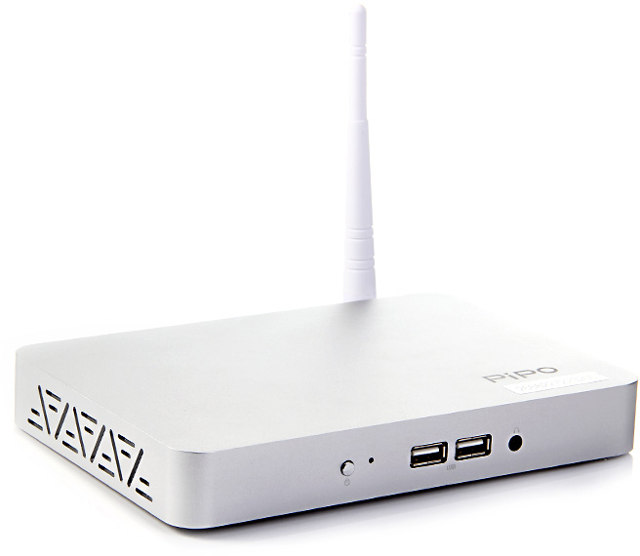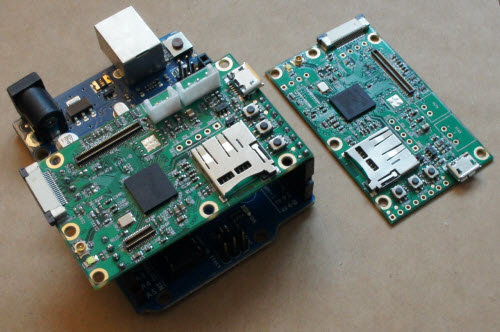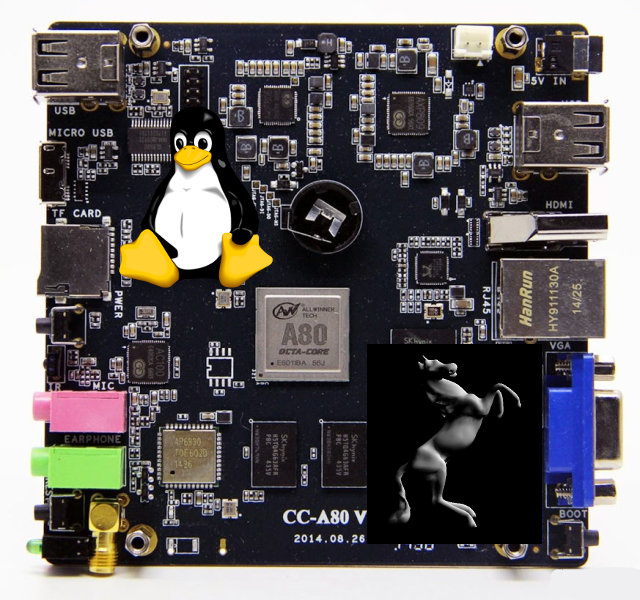Pipo X7 is yet another mini PC powered by Intel Atom Z3735 / Z3736 quad core processor running Windows 8.1 with Bing, and since it’s now pretty clear all these device should run Ubuntu or other Linux desktop distributions with full GPU support, they’ll gather more interest from Linux users, especially given this mini PC with 2GB and 32GB storage can be pre-ordered for $89.98 on GearBest with PX7CN or PipoX7LM coupon, making it more interesting price-wise than MeegoPad T01, especially since it comes with an Ethernet port, and (probably) an Intel Atom Z3736 processor with a higher burst frequency (2.16 GHz vs 1.83 GHz) Since GearBest has done a pretty poor job at listing the specs for this item, I got the full technical details from GeekBuying, with some errors as well, but still better: SoC – Intel Atom Bay Trail Z3736F up to 2.16 GHz with Intel HD graphics […]
Fernvale Open Source Hardware IoT Board Based on Mediatek MT6260 SoC with GSM Connectivity
Andrew Huang (Bunnie), an hardware engineer, known for hacking the original XBOX, and more recently for Novena open source laptop, has decided it could be interesting to reverse-engineer Mediatek MT6260 processor, as in China, it’s difficult to get documentation, SDK, and tools if you don’t commit to purchase X chips, where X is a rather large number. He and others also checked whether their work could be open sourced legally, and assert their “fair use” rights to reverse-engineer hardware and firmware. And so Fernvale project was born both as a technical challenge and to make a point. MT6260 is a $3 ARM7EJ-S processor clocked at 364 MHz with 8MB built-in RAM, interfaces such as I2C, SPI, PWM, UART, as well as LCD and touchscheen controller, and audio codec, battery charger, USB, Bluetooth, and GSM support, which make the $6 Atmel MCU used in Arduino board look expensive. The main differences […]
3D Graphics Acceleration in Linux on Allwinner A80 based Cubieboard4
Allwinner A80 is a powerful octa-core processor found in development boards and TV boxes such as Cubieboard4 or Tronsmart Draco AW80. Some early Ubuntu images and instructions had already been released for A80 Optimusboard and Draco AW80, but none of these featured GPU drivers for 3D acceleration, which to be honest, has limited advantages in Linux desktop distributions since desktop environments and most apps require full OpenGL support, i.e. not only OpenGL ES, and the only ARM SoC that can provide OpenGL support without external graphics card is Nvidia Tegra K1 SoC. Having said that GPU drivers would pave the way for smooth OpenELEC / Kodi user interface support in Allwinner A80 Linux distributions. That’s only one part of the puzzle, since the GPU normally handles the user interface, while the VPU takes care of video decoding. The good news is that CubieTech release updates images for their Cubieboard4 (CC-A80) […]




